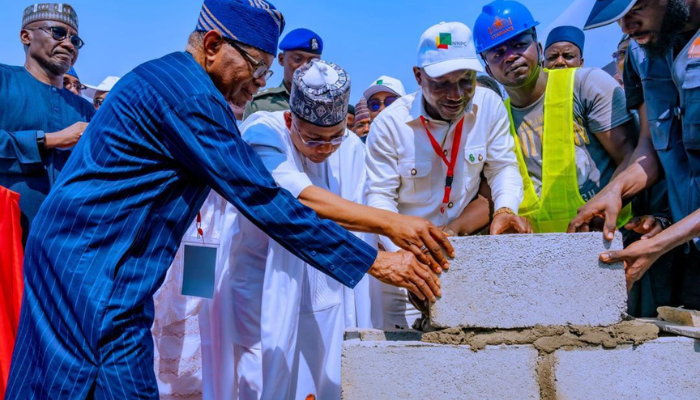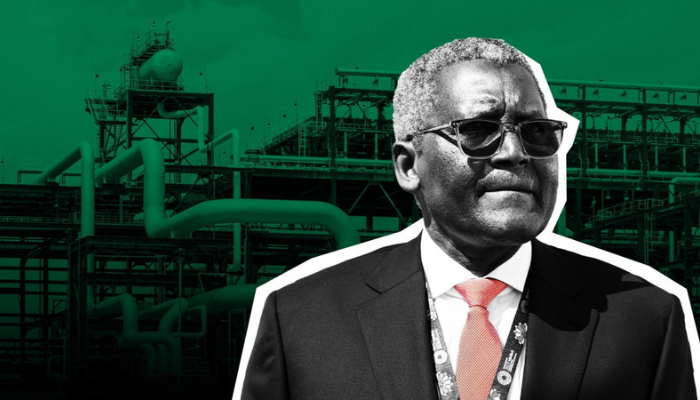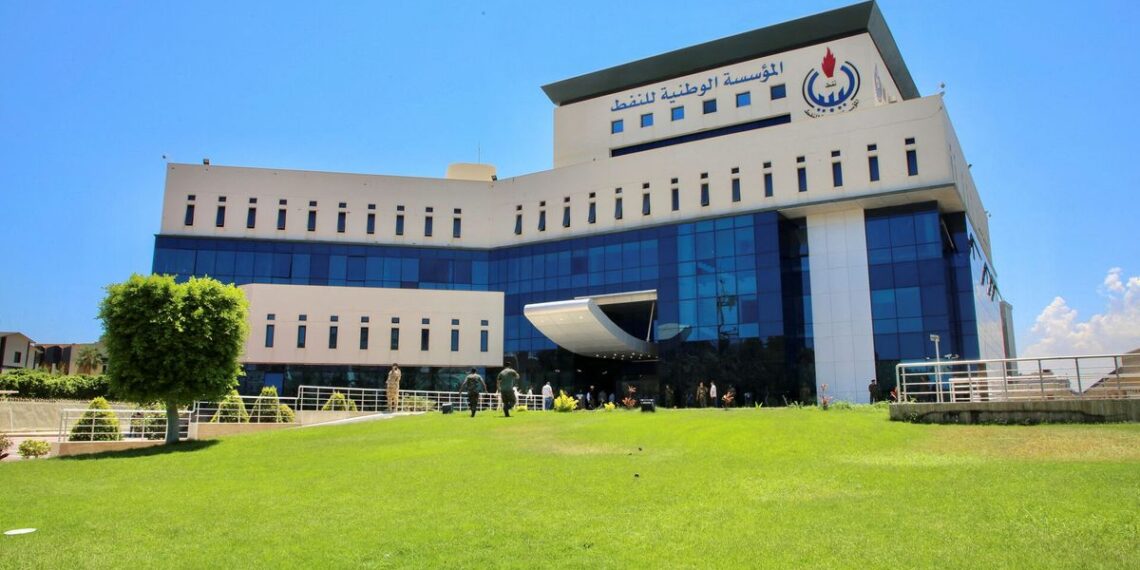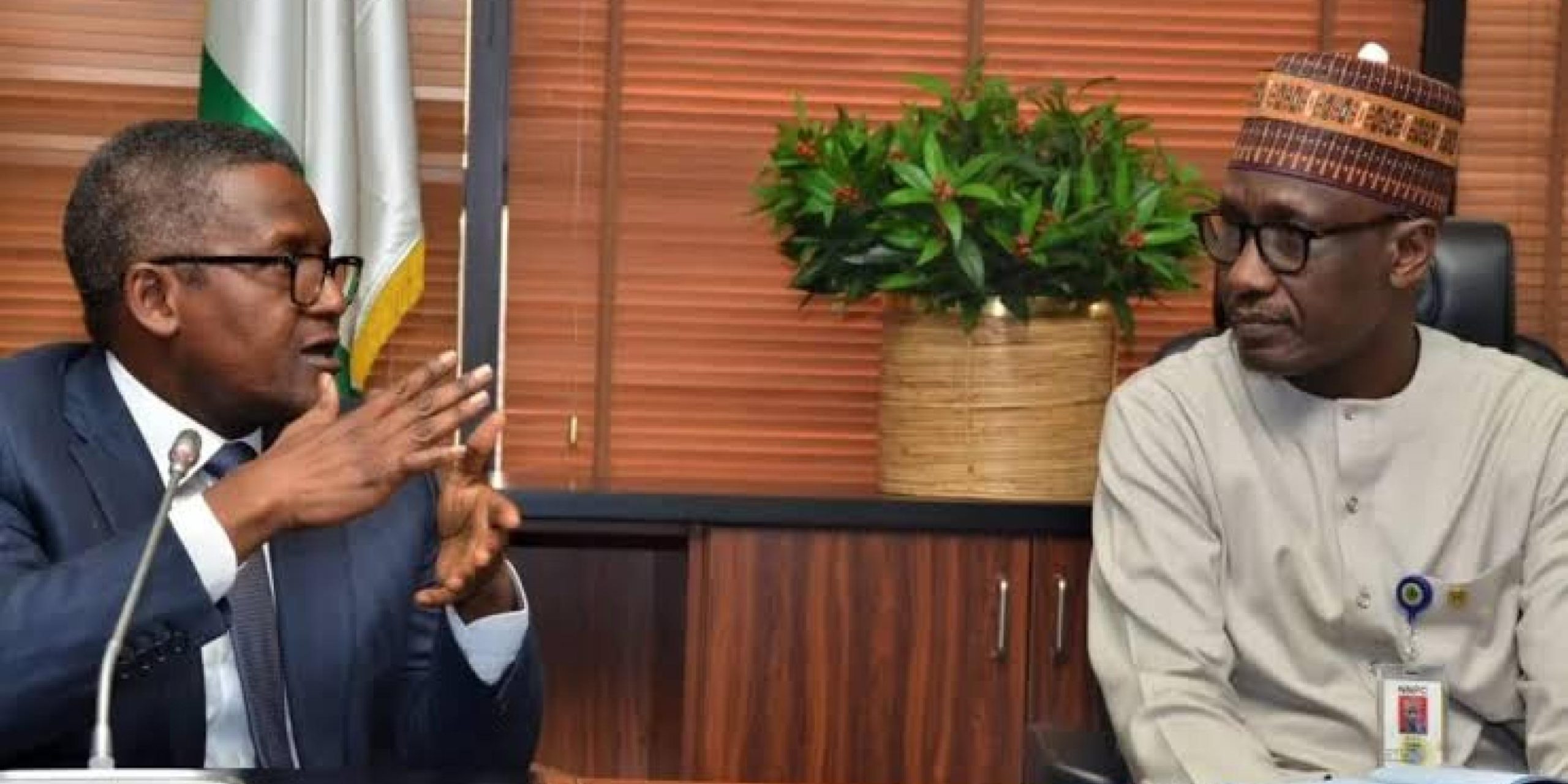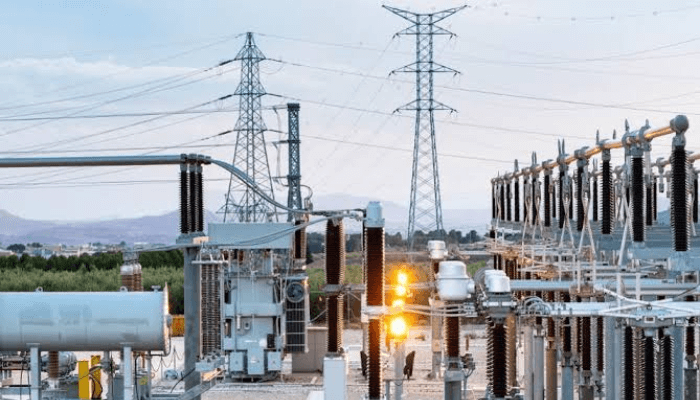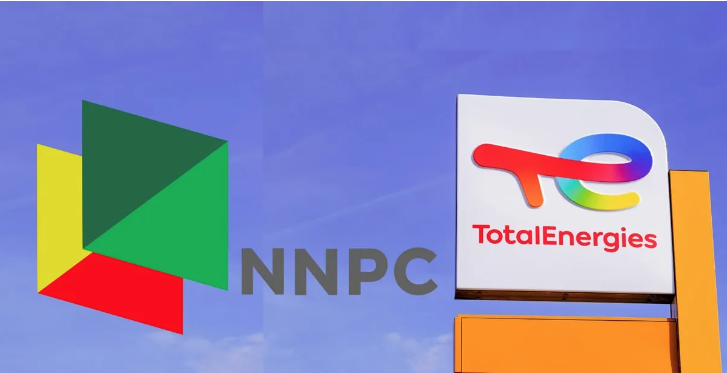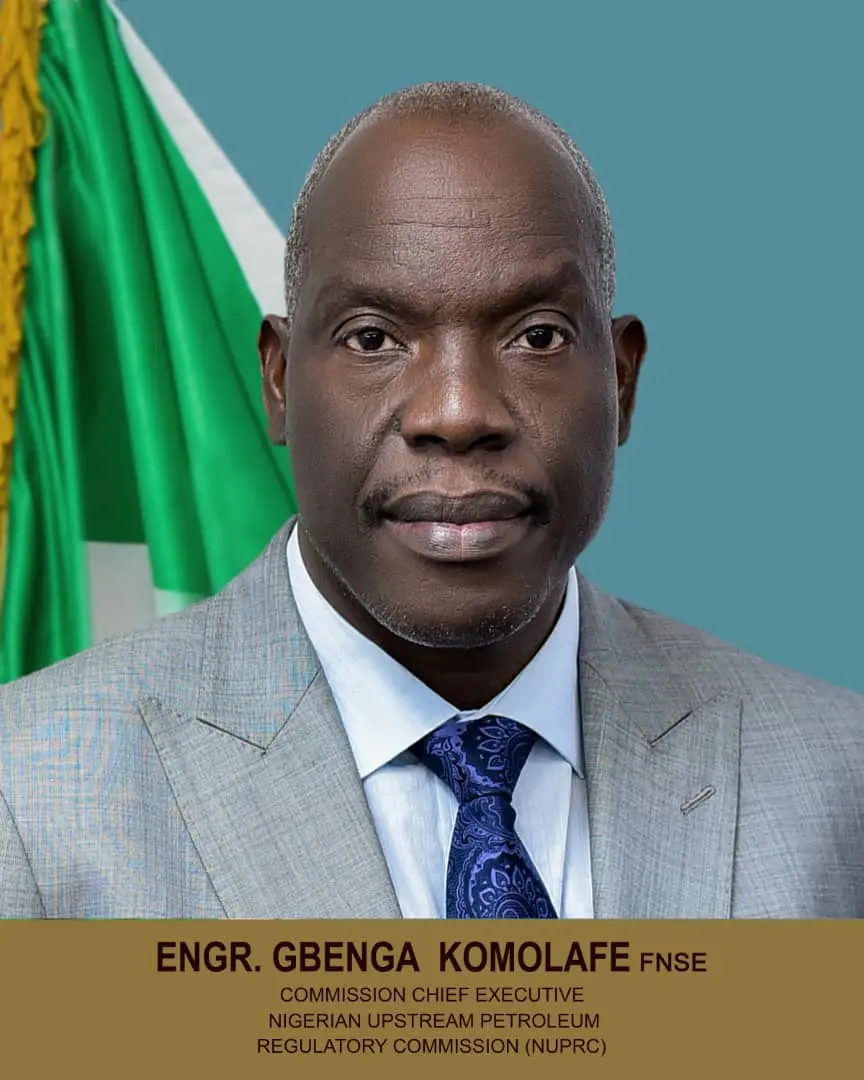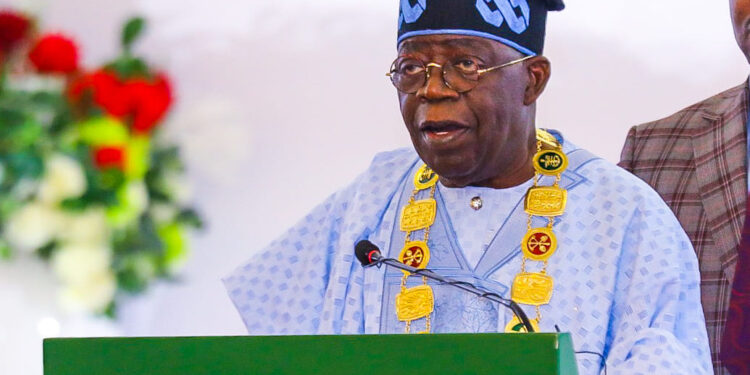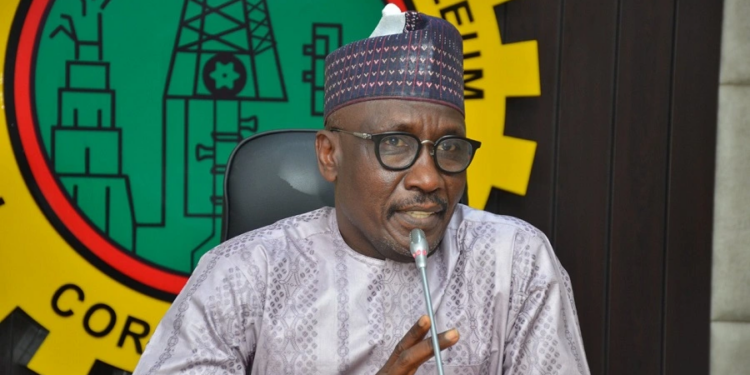Ahmed Usman Ododo, Kogi State governor, has said that the establishment of five Mini Liquefied Natural Gas (LNG) plants in Ajaokuta by the Federal Government through the Nigerian National Petroleum Company (NNPC) Limited and its private sector partners would strategically position Kogi as an energy hub in Nigeria.
Ododo expressed the optimism during the groundbreaking ceremony of the LNG plants in Ajaokuta where he emphasised that the project would play a pivotal role in enhancing Nigeria’s energy landscape, fostering economic growth, improving energy access, and reinforcing Kogi State’s significance in the country’s industrial development.
The governor equally described the LNG plants as a transformative investment that would not only position Kogi as an energy hub but also stimulate economic activities in the state.
He said: “We are witnessing a historic moment that will redefine Kogi’s place in Nigeria’s energy sector.
“This project is not just about gas production; it is about economic transformation, job creation, and ensuring that our state plays a central role in Nigeria’s energy future.”
He underscored the economic impact of the initiative, highlighting its potential for job creation, increased investment, and industrial growth, stressing that his administration’s commitment to developing a skilled workforce will find through expression in opportunities being created by new investment in the emerging energy sector , as he commends President Bola Tinubu for his dedication to Nigeria’s energy transition and for mobilizing NNPC Limited and its private sector partners including Prime LNG, NGML/GASNEXUS LNG, LNG Arete, Highland LNG, and BUA LNG to establish the LNG plants in Ajaokuta.
Read also: NNPCL unveils five LNG mini-plants to boost gas supply in Nigeria
He expressed the optimism that the LNG plants would become a crucial part of Kogi’s energy infrastructure, significantly reducing carbon emissions while advancing sustainable energy solutions in Kogi state and Nigeria.
He said: “With an initial combined production capacity of over 80 million cubic feet per day, these plants will serve as a key resource for both national and international energy markets.”
Ododo equally assured that his government remains committed to providing an enabling environment, sustaining peace and security, and attracting more investments to the state.
Earlier, Mele Kyari, Group chief executive officer of NNPC Limited, emphasised that the LNG plants were part of the Federal Government’s strategy to revolutionise the gas sector, positioning it as a key driver of economic prosperity, noting that the initiative was not just a symbolic event but a concrete step towards energy transformation, stressing that all necessary equipment are ready for immediate deployment with assurance that the project would be completed on schedule in partnership with relevant stakeholders.
Kyari equally commended Governor Ododo for mobilising support from host communities, recognising them as the first beneficiaries of the initiative.
The project, spearheaded by the Nigerian National Petroleum Company (NNPC) Limited in collaboration with private sector partners, aims to enhance domestic gas supply, drive industrialisation, and create employment opportunities.
The Minister of State for Petroleum Resources (Gas), Ekperikpo Ekpo credited President Tinubu’s executive order for fast-tracking the development of the LNG plants.
He emphasized that the project was a direct response to the federal government’s push to maximise Nigeria’s gas potential and support industrialisation efforts.
Shuaibu Abubakar Audu, minister for Steel Development, noted that the LNG initiative aligns with Tinubu’s Renewed Hope Agenda, which aims to create a $1 trillion economy by 2030.


